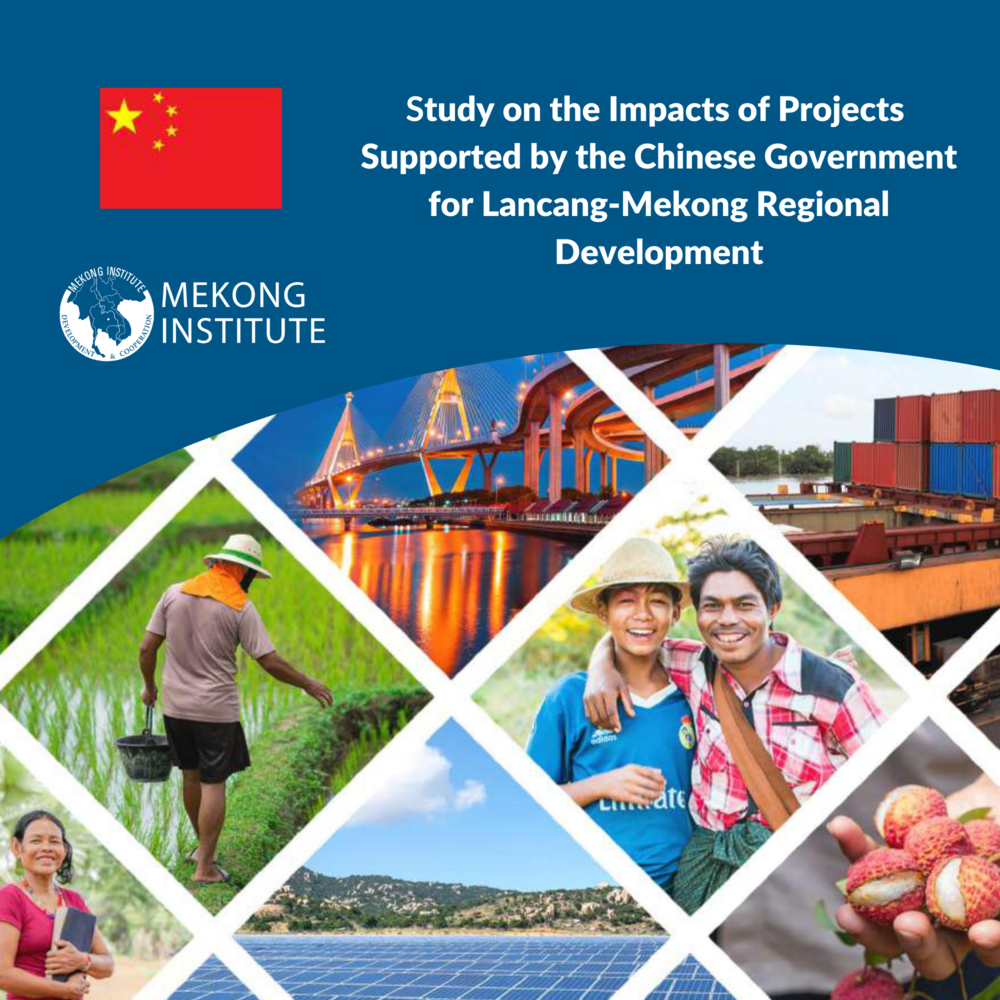Twenty P.R. China-funded projects implemented by Mekong Institute (MI) were rated to have fostered collaborative engagements, cross-cultural connections, and broader networking linkages across GMS sectors according to an independent report commissioned by the Government of P.R. China.
The assessment covered projects from 2016 to 2020, which ranged from agricultural development; trade and investment facilitation; energy, technology, and innovation; regional government cooperation; water resources; and poverty alleviation.
“The report reflects gains from the committed support of governments such as P.R. China in empowering MI alumni to build a stronger, more prosperous, and harmonious GMS,” Mr. Suriyan Vichitlekarn, MI Executive Director, said before underscoring that more capacity building, research, and advocacy investments must be sustained as GMS governments move forward in their socioeconomic recovery efforts amidst a prolonged pandemic climate.
Beginning in 1996, the Government of P.R. China has been a stalwart partner of MI, representing seats in MI’s Council and Steering Committee alongside other high-level GMS government officials and international development partners who steer the development course of the intergovernmental organization. P.R. China’s contributions, particularly in the professional development of GMS nationals under the MI Young Scholars Program and the promotion of connective energy through trainings and dialogues, have paved the way for deeper synergy among governments, the academe, and private sector.
In addition to the technical report, a book detailing stories of nine MI alumni were also featured. Titled Their Stories, Our Impacts, the document presents the professional evolution of exceptional GMS nationals and their successful on-the-ground activities which have improved community conditions after applying innovations learned from MI staff and experts.
From report recommendations, MI will be setting measures to make more efficient its participant selection and diversification process. It will also reinforce its capacity building interventions to broaden the transfer of technical skills in GMS countries, as well as develop mechanisms to systematically follow up on the progress of MI alumni to secure more narratives on development impacts.








